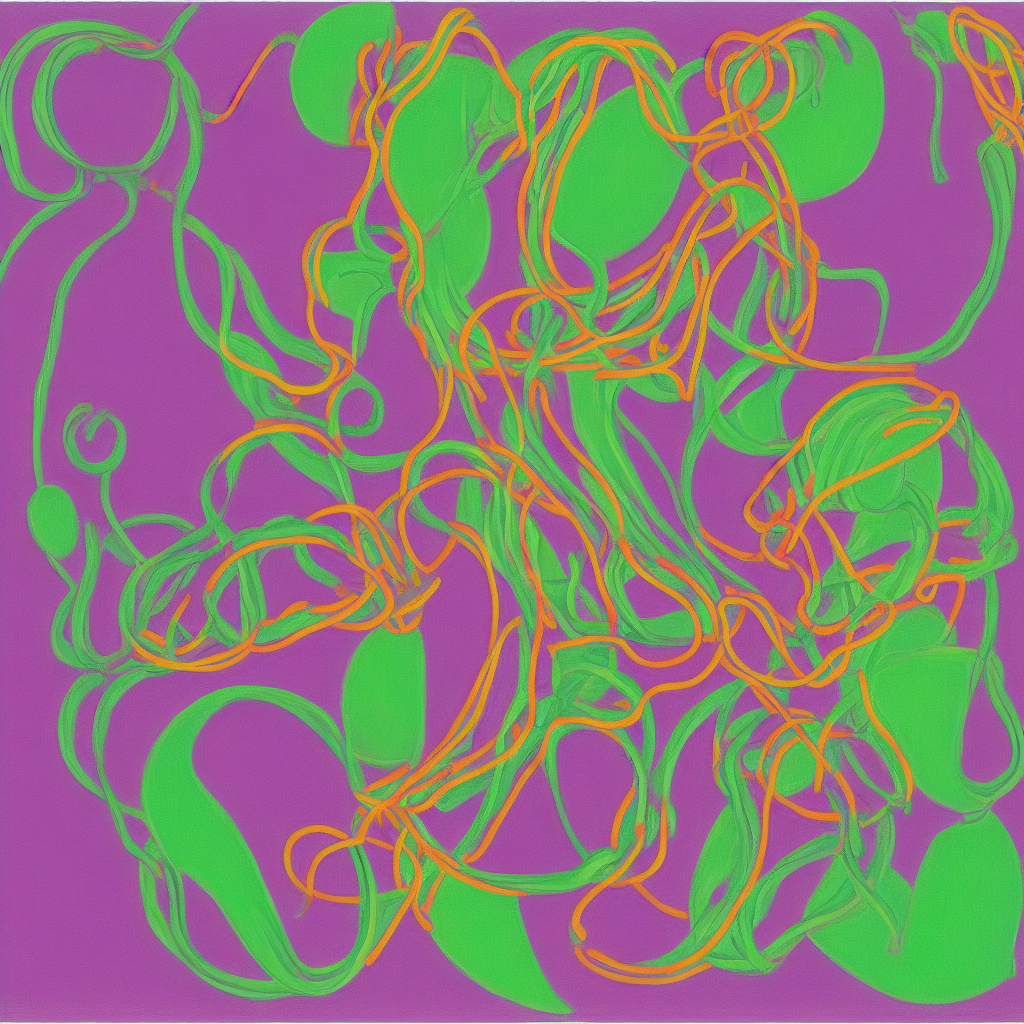
I want to learn how to make beautiful things.
But when I aim for beauty I end up getting stuck. I inevitably start trying to avoid creating ugliness—or worse—mediocrity. I think this is a product of our collective narrative around efficiency and focus. We believe that true beauty is economical, and that true experts never create anything ugly or mediocre. This is a trap. Ugliness and mediocrity are an inevitable bridge to the creation of beauty.
I’ve come to believe that the best way to create is to create everything. To be profligate, spendthrift, extravagant. To make and make and make and let the rest take care of itself. That, after all, is what nature does.
In Pilgrim at Tinker Creek Annie Dillard examines this property of nature. She wants to know: what makes beauty in nature? She finds that nature’s beauty is a function of its infinite intricacy, and the whole book is itself a study of that intricacy.
She talks about the 228 muscles in the head of a caterpillar. She traces light as it emanates from a star millions of miles away, bounces off clouds and land dust, and ends up reddened and soft on the wall in her kitchen. She describes the Henle’s loop—a tiny structure in the human kidney which helps to facilitate the filtration of blood. “I’ve got…two million Henle’s loops, and I made them all myself, without the least effort. They’re undoubtedly my finest work.” She describes watching red blood cells pulse through the fin of a fish, and the six million leaves that can be found on a big elm.
And how does this intricacy come about? “Evolution, of course, is the vehicle of intricacy.”
Yes, in order to create the intricate being that is you and everything around you, millions and millions of beings—large and small, arthropod and mammalian, aquatic, amphibious, and terrestrial—living and dying over millions and millions of years had to come before you.
And what are the core ingredients of this evolution? To Dillard: freedom, death, and time.
Freedom
Most accounts of nature seem to find that nature is economical and perfect. Dillard thinks you can disprove this by simply opening your eyes.
“Look, in short, at practically anything—the coot’s feet, the mantis’s face, a banana, the human ear—and see that not only did the creator create everything, but that he is apt to create anything.”
Dillard tells us that there is no one standing over evolution with a blue pencil to say, “Now that one, there, is absolutely ridiculous, and I won’t have it.” Creation is free to create anything, and if the creature makes it—it makes it. “Is our taste so much better than the creator’s?”
She describes the African Hercules beetle which is so big it “drones over the countryside at evening with a sound like an approaching airplane.” Or South American ants some of whom act as storage vessels for honey “with abdomens so swollen they cannot walk…regurgitating food to the workers when it is needed.”
When it comes to nature, anything goes.
Death
Of course, selection acts on the forms of creation. “Of all known forms of life, only about 10 percent are still living today.” In the midst of nature’s extravagance is also its scythe.
“The world has signed a pact with the devil; it had to…the terms are clear: if you want to live, you have to die.” Most of the forms created by nature don’t survive long enough to propagate. This is ugly, and brutal, but a complete picture of creation as it actually is includes it.
“Evolution loves death, more than it loves you and me. This is easy to write, easy to read, and hard to believe,” says Dillard.
Time
The last ingredient is time. The process of birth and death, happening with ultimate freedom over time, creates intricate forms.
Evolution is a ratchet, and each generation builds upon whatever was discovered by the last, creating an infinite fractal that extends in each direction we look. “The texture of space is a condition of time. Time is the warp and matter the weft of the woven texture of beauty in space, and death is the hurtling shuttle.”
Back to extravagance
Dillard’s vision of nature is vast and beautiful but what does it mean for me and you?
I think we’re quite bad at viewing our own acts of creation as an evolutionary process. We think of it more like a test: am I good at this or not?
We’re quite bad at giving ourselves the freedom to create a thing—anything—and set it down on the grass to let it clack and wriggle the best it can. We’re usually quite good at the death part—scything away ideas and projects before they ever get off the ground.
We take the things we create personally, as a reflection of ourselves. We hold it against ourselves if we make ugliness or mediocrity. But do we have to?
We don’t hold nature’s ugliness against it. Instead, we celebrate the beauty it creates. I think we can make room to do the same for ourselves—to give ourselves the freedom for creative extravagance, to try and try, to make and make and only when we’ve done that to cull our creations, or allow the world to cull for us.
This doesn’t mean that you have to release or publish everything you make. There is room for editing before the thing goes out the door. But it does mean this:
When you’re out to make, make with a free hand. Spend your last dollar. Get the most expensive thing on the menu—or the weirdest. Give yourself the freedom to be extravagant and wasteful, and unreasonably excited.
Give yourself room to make ugliness and mediocrity, and know it’s in the service of beauty.
All of the images in this piece were created by Stable Diffusion.
The prompt used for the cover image is: a caterpillar becoming a butterfly omnidimensional electroluminescent wire by matisse
The Only Subscription
You Need to
Stay at the
Edge of AI
The essential toolkit for those shaping the future
"This might be the best value you
can get from an AI subscription."
- Jay S.
Join 100,000+ leaders, builders, and innovators

Email address
Already have an account? Sign in
What is included in a subscription?
Daily insights from AI pioneers + early access to powerful AI tools
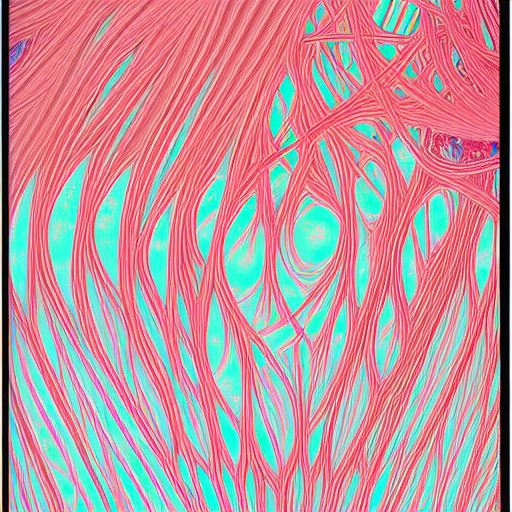
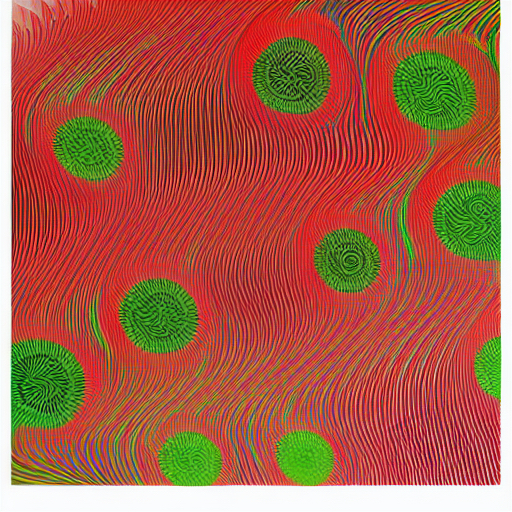
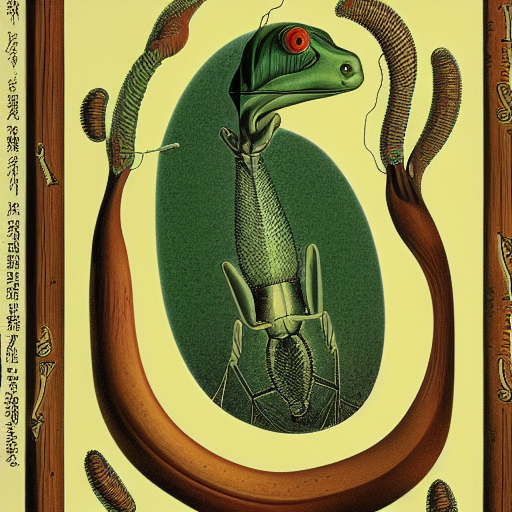
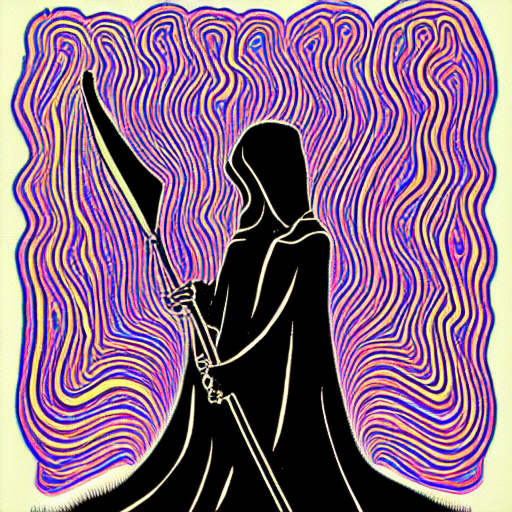










Comments
Don't have an account? Sign up!